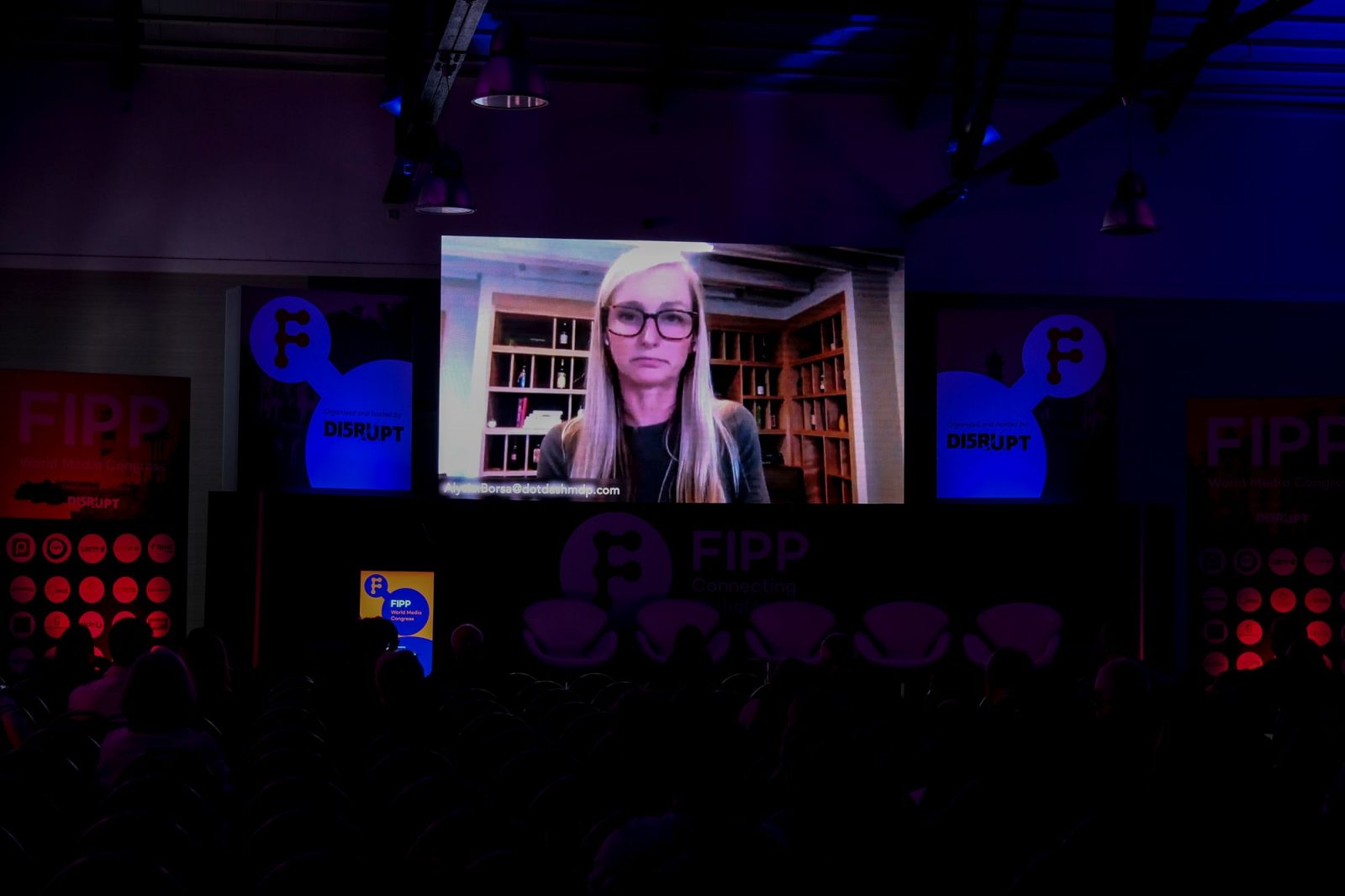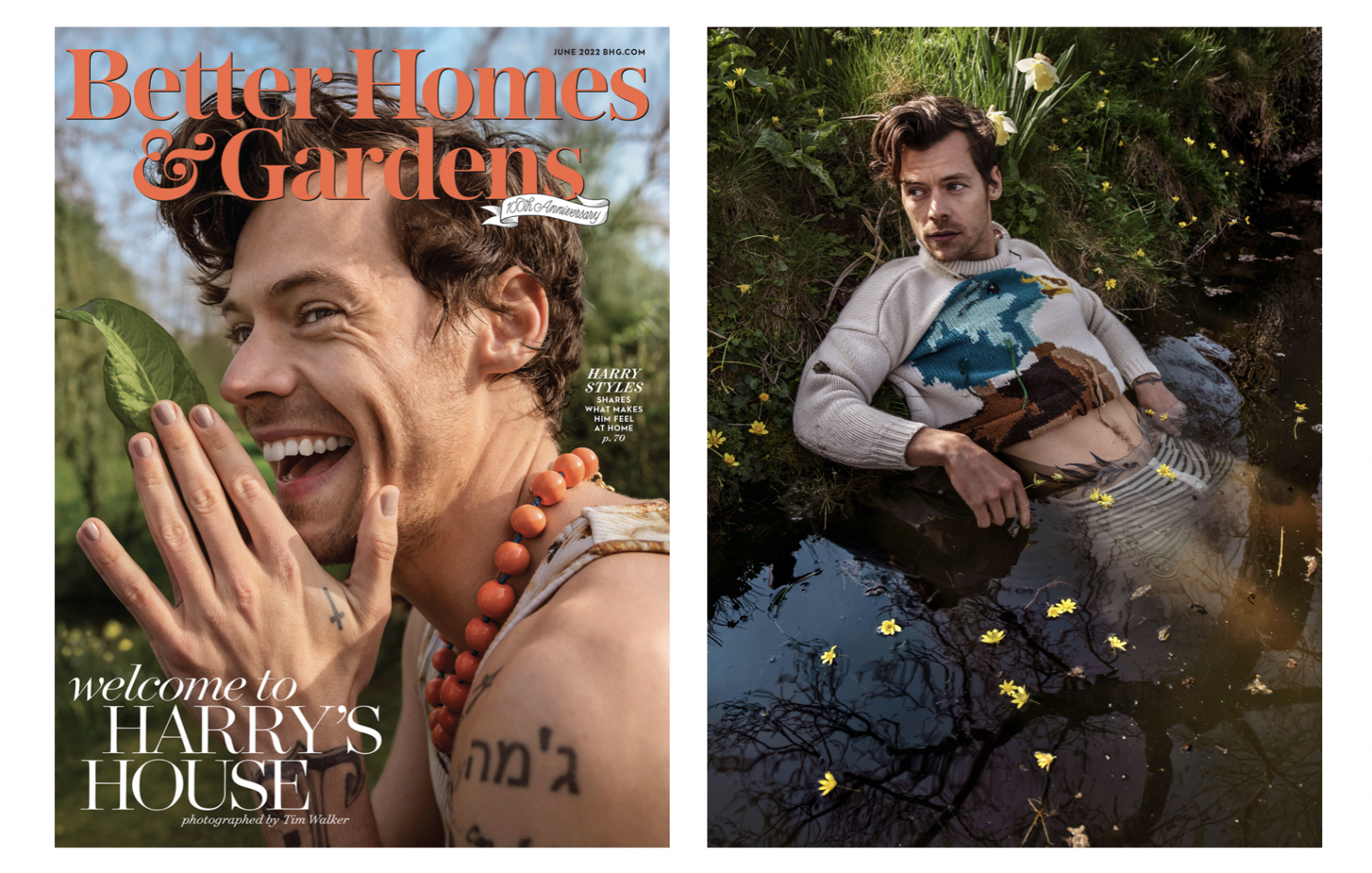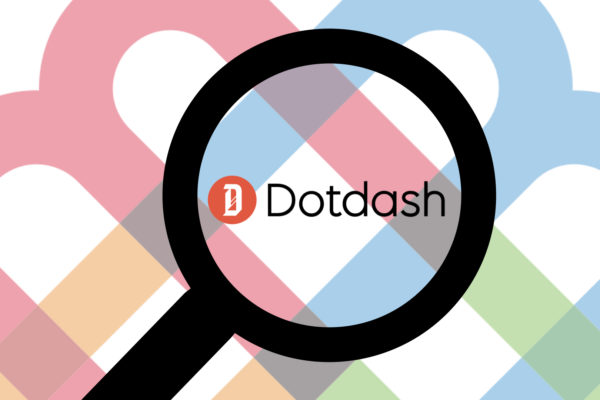Dotdash Meredith on the changes that have taken place at the company since its $3bn inception
Yesterday at FIPP Congress, FIPP President & CEO James Hewes spoke to Alysia Borsa, Chief Business Officer & President of Lifestyle for Dotdash Meredith. At the end of last year, the former acquired the latter in an almost US$3bn media superdeal, and in her session at the event the exec spoke candidly about some of the key changes that have taken place at the company since the deal went through…
“We are now the largest digital and print publisher,” says Borsa, who is responsible for business and partnerships across Food, Home, Beauty, Travel, and Tech across the newly-formed media giant. “We have 40+ premium brands, reaching 200 million consumers, and our mission is a simple but powerful one: it’s about helping consumers find inspiration, make decisions, and take action.”

Dotdash Meredith is a business founded on the three key pillars of quality (intent-driven) content, providing fast loading sites and engaging digital experiences, and having powerfully performing advertising.
With an enviable pool of legacy print brands to its name, as well as significant digital scale, Dotdash Meredith is taking pragmatic steps towards creating some of the most attractive user-experiences on offer in global media today:
“We’re now executing against being more performance based and providing better experiences, especially on the digital side,” says Borsa. “We’re migrating to a single tech-stack stack that is more performant and flexible, as well as getting rid of pop-ups and ad-clutter.”
“A great example is that we just migrated one of our sites the other week and have seen five times the performance from an experience perspective. We actually reduced our ads by 30%, but our viewability out clickthru rate, and our CPMs, have all gone up.”
So what else has changed? When the Dotdash deal was first announced at the end of 2021, the development was naturally the talk of the media town, with commentators – including ourselves – speculating on what it might mean for legacy Meredith brands going forward. During yesterday’s session, we heard about some of these updates ‘direct from source’.
“Our sales structure has changed, our whole sales team is now verticalized, and in terms of our operations we have GMs that manage the brands in the verticals.”
“There’s also been a huge investment in content, right across digital, print, and ecommerce. In January, we put actual dollars against the business and it’s about creating new content, but also about about updating that content, and making sure that our brands are more focussed and not just trying to be everything to everyone.”
“So for example, we just put Harry Styles on the front of Better Homes & Gardens – we’re launching lots of new content, and in some cases what we are launching is ranking within an hour!”

For Dotdash Meredith, modern media really is about taking a consumer-driven approach to the products it creates, and Borsa says that this has multiple benefits.
“We really are putting the consumer first. We’ve got to believe that if you put the consumer first, the monetisation will follow. We talked about reducing clutter, and providing better digital experiences, and we’re really putting ‘our money where our mouth is’ on that front, so to speak.”
“On the magazine side too, this helps. While we shut down some magazine brands because the business model just no longer made sense, we’re really focussed on a consumer first business model, which means that advertising remains critical, but we need premium subscribers as well. We’ve invested heavily in the brands we are focussing on, and that’s good news for consumers and advertisers alike.”
In addition towards the pivot towards reader-revenues, the company has also redoubled its ecommerce efforts, with Borsa painting the vivid picture of 50+ active kitchens and studios, dropping hot pans into cold water, and putting vacuum cleaners through syrup!
But at a time when the rest of the industry is largely talking about focussing on ‘quality vs quantity’ audiences, and not wishing to try and take on the might of media tech platforms, Borsa reminds us that for a company as huge as Dotdash Meredith, scale remains a key advantage.
“Scale is really important and of course increasingly, so is first-party data. Now we’re able to see and collect data in real-time and at a scale we’ve never seen before, so this is very exciting. When I started out at the company in 2011, people weren’t really talking about first-party data in the way they are now, but moreso than ever before we are able to understand consumers, their needs, and their intentions.”
Another wonderful (and highly insightful) session at FIPP Congress, and to stay up to date on all the latest news and views from the event, stay tuned to the FIPP.com and the FIPP World Twitter!









